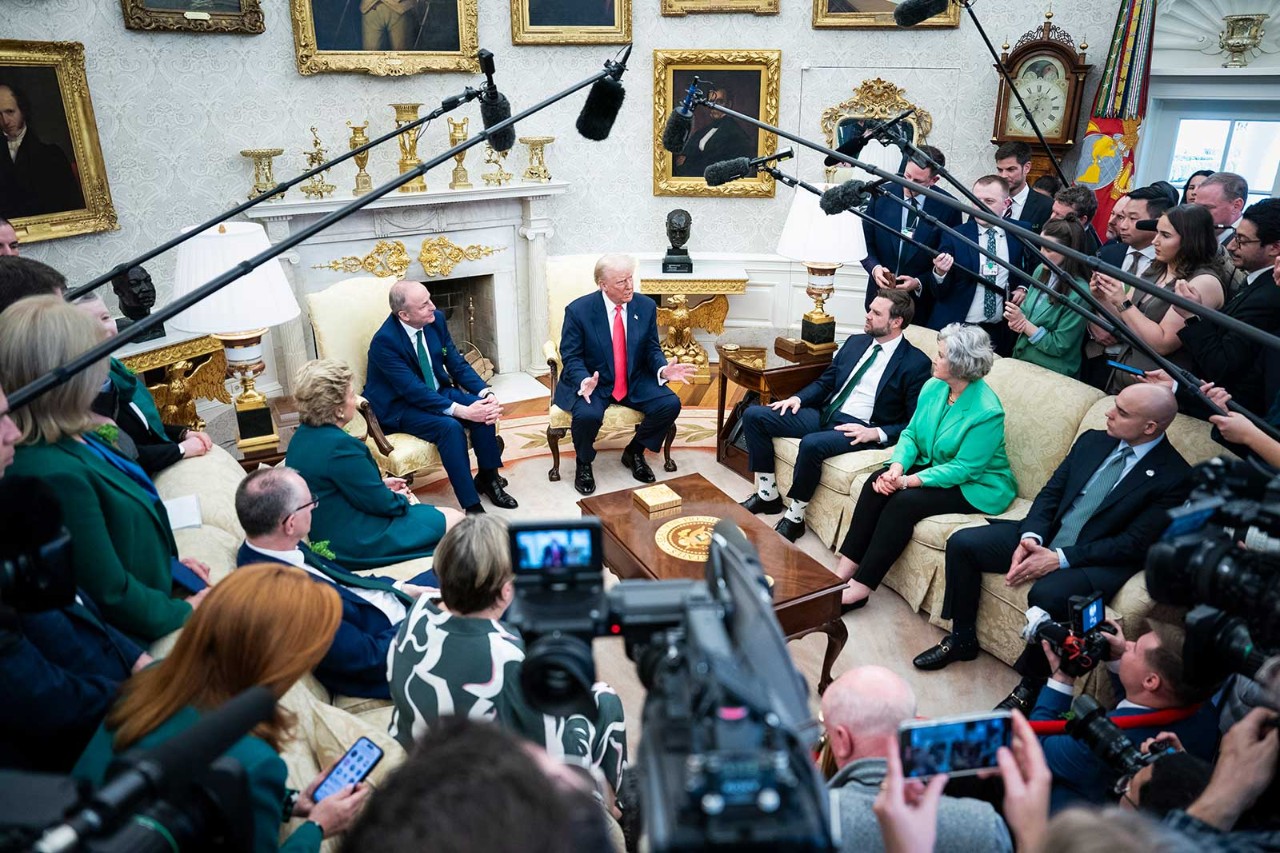
Some say decentralised finance (de-fi) is going to upend traditional financial services. No longer just a niche crypto trend, de-fi is rewriting the rules of finance by cutting out intermediaries, automating processes through self‐executing smart contracts, and forcing regulators to scramble.
The whole point of de-fi is that businesses don’t have to rely on traditional institutions to obtain finance. It acts as a peer-to-peer financial ecosystem to create smart contracts – self-executing contracts with terms directly written into lines of code. When specific conditions are met, the contract automatically executes the agreed-upon actions. These smart contracts operate on public, permissionless blockchains like ethereum, removing the need for banks, brokers or any central authority.
De-fi can be a Wild West of tax implications, where uncertainty reigns
Other key features of de-fi include:
- decentralised applications (dApps) – user-friendly interfaces that allow interaction with smart contracts
- decentralised exchanges (DEXs) – platforms that enable peer-to-peer trading of digital assets
- lending and borrowing protocols that facilitate crypto loans
- stablecoins – digital assets designed to maintain a stable value relative to fiat currencies
- yield farming and automated market makers – mechanisms that allow users to earn rewards and provide liquidity.
In summary, banks and other institutions have historically been the trusted sources of liquidity, loans and financial management, but with de-fi, trust is replaced by code, novel digital assets and complex transactions in liquidity pools.
New challenges
The absence of centralised control means the conventional audit trails are replaced by publicly available, real-time transactional history visible on the blockchain. This might be fully accessible, but a series of blockchain transactions doesn’t usually provide context and calls for continuous auditing techniques and blockchain analytics tools. (See the AB article ‘Auditing digital assets’).
Critics warn that de-fi comes with inherent risks such as smart contract vulnerabilities
When it comes to taxation, the lack of clear regulatory guidance makes it difficult to determine taxable events and accurately value highly volatile digital assets. This is complicated by cross-jurisdictional issues, as digital transactions often occur across borders without a central regulatory authority. De-fi can be a Wild West of tax implications, where uncertainty reigns.
Opportunity vs risk
Opinions on de-fi are deeply divided. Some see it as a catalyst for efficiency and financial inclusion. According to Brad Garlinghouse, CEO of Ripple Labs, a fintech company specialising in blockchain and cryptocurrency solutions, ‘There are a lot of really fabulous things that get done with digital assets and blockchain technologies to reduce friction, to reduce costs, and enable things that weren’t possible before.’ This efficiency could translate to faster, cheaper transactions and improved transparency.
But critics warn that de-fi comes with inherent risks such as smart contract vulnerabilities, hacking incidents and extreme market volatility. Some worry about the possibility of concentrated control even in so-called decentralised systems and the potential for illicit finance activities.
Regional perspectives also vary. In Europe, there are concerns over financial security, with Ireland’s Minister for Finance, Paschal Donohoe, stating that the discussions around de-fi ‘are fundamentally linked to our own autonomy and to the resilience of our currency’.
In Asia, meanwhile, rapid innovation and supportive policies are driving growth. Spartan Group’s Jason Choi says: ‘Asia's regulatory flexibility and vibrant entrepreneurial spirit are fuelling a rapid surge in de-fi innovation.’



